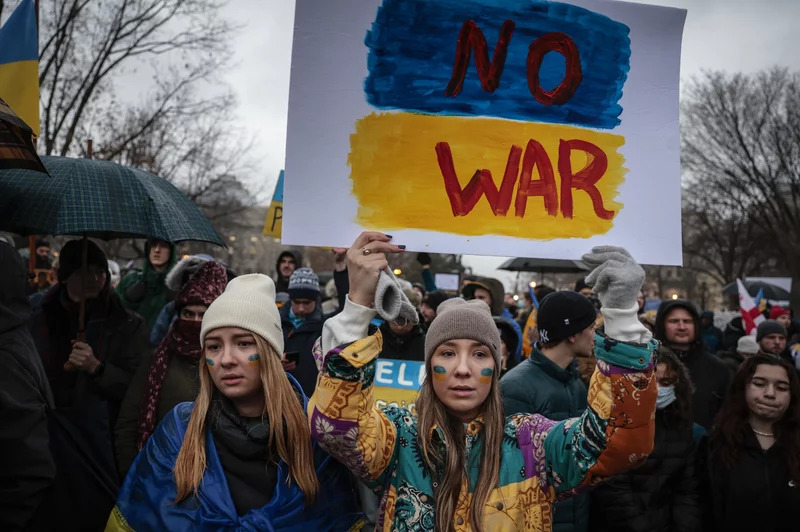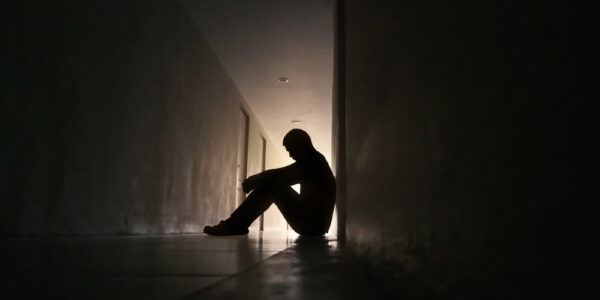LISTEN TO THIS ARTICLE:
The images and videos flooding out of Ukraine and into our phones and TVs are shocking to say the least. They are difficult to process for us adults, although we understand the historical context, but it is even harder for children to understand. Here’s how to help your kids understand the war in Ukraine.
1. Meet them where they are
When you to start a conversation with a younger person about any sensitive subject, begin by asking questions first. “What do you think is happening in Ukraine?” General questions like this will help you gauge a child’s knowledge and interest. This will help you meet them at their level, which will help you build the best connection. You don’t want to overload them with too many details or talk down to them as if they know nothing.
2. Remain calm
Kids look to their caretakers for guidance, and that has a big influence on their emotional reactions. If you are freaking out, so will they. But if you remain calm and composed, they will be more likely to have a similar reaction to the situation.
3. Elevate the good
Talk about how nations around the world are working to stop the conflict and giving aid to the Ukrainian people. Poland and other neighboring countries have suspended visa requirements and are accepting hundreds of thousands of refugees. Money and resources have been pouring in from aid organizations. There may be a war in Ukraine, but millions of people around the world are still working to help.
4. History is important
As kids get older and progress in their education, they’ll be more able to understand the details and history behind this invasion. The roots of this conflict go back 120 years and include the Russian Revolution, World War I, World War 2, the Cold War, and the collapse of the Soviet Union. This is a lot to unpack even for educated adults, so Wikipedia articles are good places to start.
5. Not too much TV
In this day and age, it’s easy to over-consume media. Not only are 24-hour news stations constantly covering the war, but also our phones are full of notifications and feeds with the same stream of information. That is not to say that we should shut off our children entirely from the news. It’s just that now, as always, parents and guardians need to be conscious of how much our kids are consuming.
6. It’s OK to not feel OK
Encourage your child to talk about their feelings surrounding the war in Ukraine. Are they afraid, sad, or anxious? Let them know it’s alright to have those emotions, but also reassure them that they are not in any danger.

 Learn
Learn Read Stories
Read Stories Get News
Get News Find Help
Find Help
 Share
Share
 Share
Share
 Share
Share
 Share
Share



